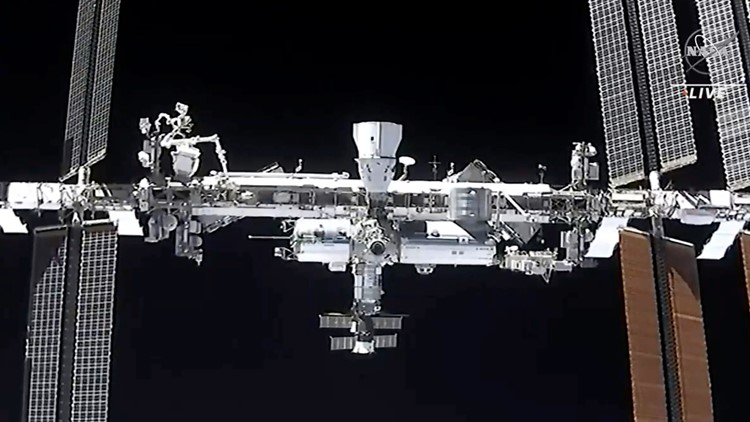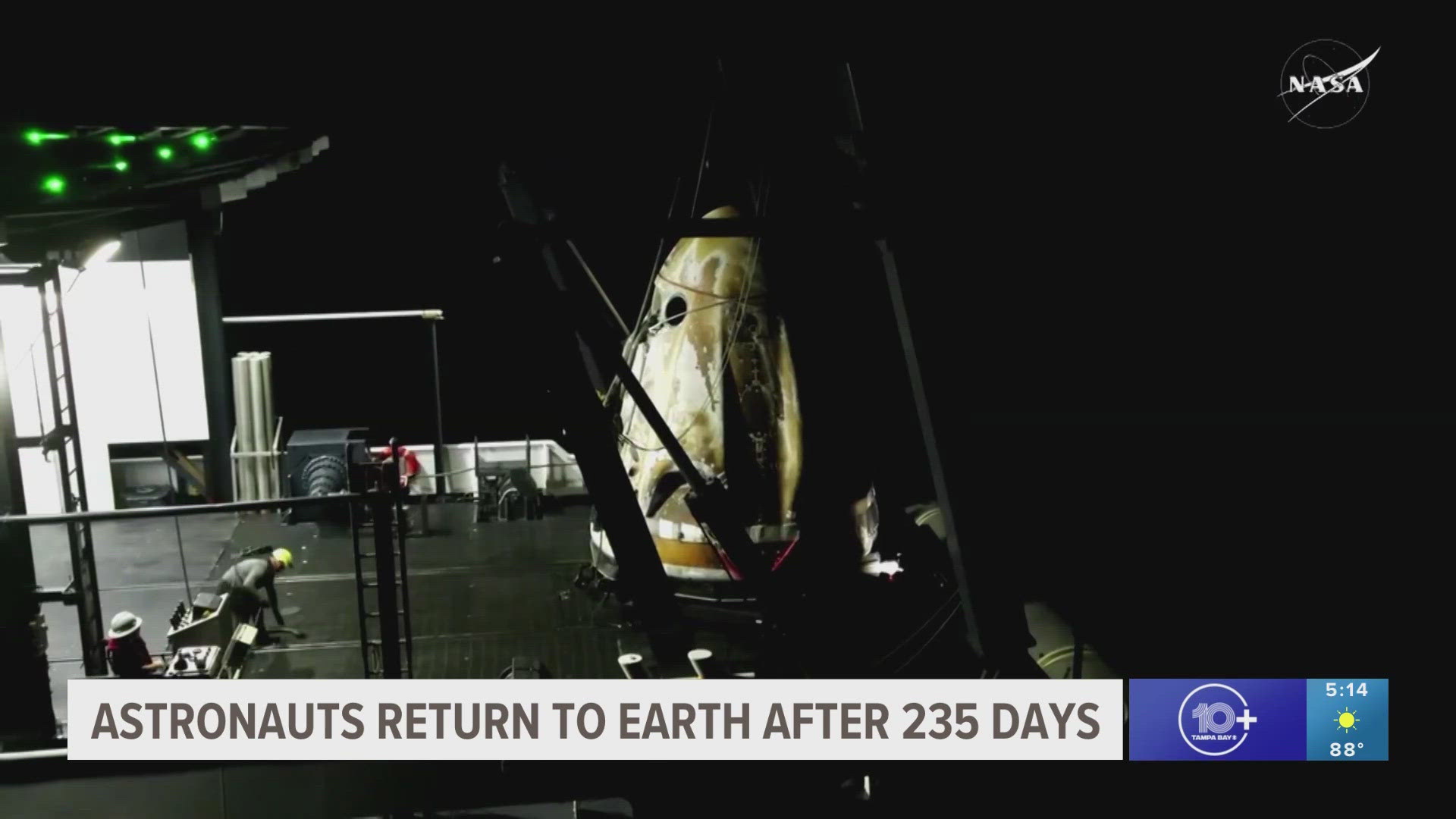TAMPA, Fla. — After making several comments about the potential of pulling out of its involvement at the International Space Station, Russia appears to be staying put.
Earlier this year, several news outlets, citing Roscosmos chief Dmitry Rogozin, reported the corporation was planning to potentially leave the football field-sized orbiting laboratory it helped build in 1998.
The reason? The country was reportedly looking to start building its own space station to launch into orbit by 2030.
"We are beginning negotiations with our NASA partners, we are formalizing them now, and it does not mean that the station will be scrapped and dumped into the ocean immediately after 2025," Rogozin told Interfax at the time.
But in the months since, it appears Russia has changed its mind.
"This is a family where a divorce within a station is not possible," Rogozin told CNN in a recent interview.
He also blamed the confusion over Russia's status when it comes to the ISS on an interpretation problem.
"I think there's a problem in interpretation. I most likely did not say that," Rogozin said. "It's just that we're talking about how we can continue our comradery, our friendly relations with our American partners when the U.S. government is implementing the sanctions against the very same organizations which supply the International Space Station."
A departure from Russia would have essentially caused more than two decades of cooperation with the U.S. aboard the space station to come to an end.
The ISS operates off the International Space Station Intergovernmental Agreement which is an international treaty signed in the late 90s by the 15 governments involved in the project.
By leaving the space station behind for their own, Russia would have withdrawn from the agreement and abandon its segment of the orbiting laboratory, putting a strain on the ISS's operations.
The "largest, most complex international construction project" to form the International Space Station began in Kazakhstan when the Zarya Functional Cargo Block launched into low-Earth orbit atop a Proton rocket in 1998.
It's a moment NASA says "kicked off an incredible journey of orbital assembly, operations, and science."
For now, that journey will continue on with the support of its Russian partners.



